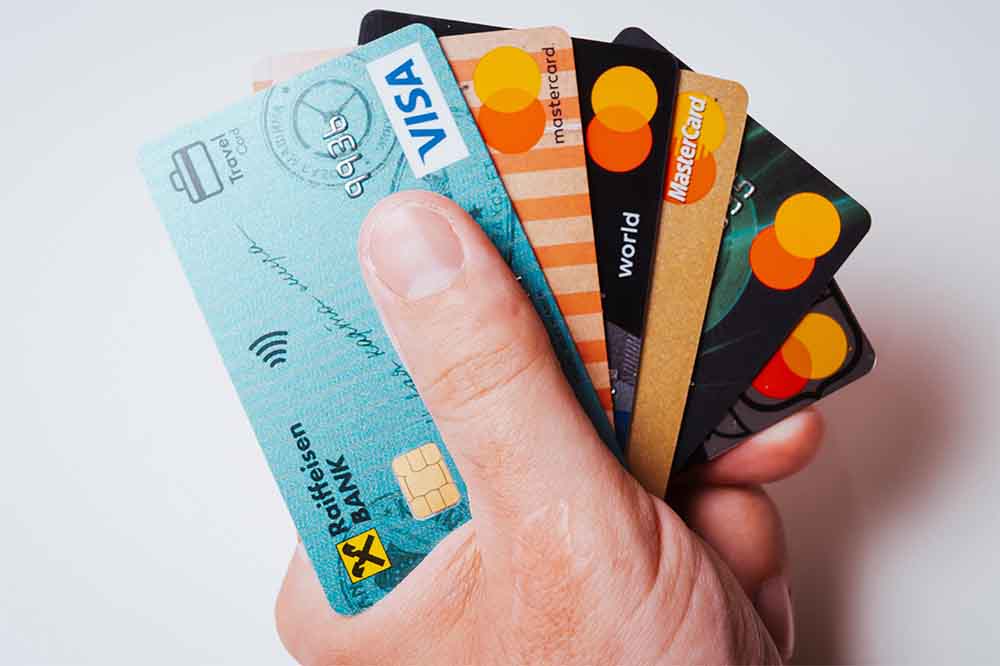In India, the credit score is still a bit of a mystery. People are either scared of it, ignore it, or assume they already know how it works. But here’s a surprising truth—women in India are quietly leading the way when it comes to building better credit. According to a 2023 TransUnion CIBIL report, 57 per cent of women borrowers had prime credit scores (731-770 and above), compared to just 51 per cent of men. Not only that, women also showed lower default rates, with a 90+ days-past-due delinquency rate of 5.2 per cent versus 6.9 per cent among men . As female participation in credit continues to rise—up from 25 per cent in 2017 to 28 per cent in 2022—it’s clear that financial awareness is growing.
Still, misconceptions about how credit scores actually work remain widespread across the board. Whether it’s believing that not taking out a loan is good, or assuming that checking your score too often will hurt it, these myths can quietly sabotage your financial journey.
Let’s clear the air and break down some of the most common credit score myths Indians still believe.

Myth 1: ’I’ve never taken a loan, so my credit score must be excellent.’
Reality: It might actually be non-existent.
A credit score is a measure of your credit behaviour, not your financial morality. If you’ve never borrowed, lenders have no data to assess your repayment habits. In India, no credit history can actually be a disadvantage—it tells the bank, ’We don’t know if this person will repay on time.’
Smart tip: Start small. A low-limit credit card or a small personal loan repaid diligently helps build a score.
Myth 2: ’Checking my credit score often will reduce it.’
Reality: You can check your own score as many times as you want—it won’t hurt your score.
This myth probably started because there are two kinds of credit checks: soft and hard. When you check your own score, it’s a soft enquiry. When a lender checks it while processing your loan application, that’s a hard enquiry—and too many of those in a short time can impact your score.
Smart tip: Monitor your credit report once every few months. It’s your financial report card—don’t ignore it.

Myth 3: ’Settling a loan means it’s all good.’
Reality: If you ‘settled’ a loan by paying less than what you owed, it’s not the same as ‘closing’ it.
In credit lingo, a ’settled‘ status indicates that you were unable to pay the full amount and negotiated a lower amount with the lender. It stays on your credit report and can be a red flag for future lenders.
Smart tip: Try to close loans by paying them off in full. If you're struggling, ask for a restructuring rather than settling.
Myth 4: ’Credit cards are bad for your credit score.’
Reality: Misusing them is bad—using them wisely can boost your score.
Using a credit card regularly and paying your dues on time is one of the best ways to build and maintain a good credit score. The trick is not to max it out and always pay more than just the minimum due.
Smart tip: Keep your credit utilisation below 30 per cent of your limit and pay your bill in full each month.

Myth 5: ’My income decides my credit score.’
Reality: Your salary has nothing to do with it.
You could be earning ₹50,000 or ₹5 lakh a month—your credit score doesn’t care. It only looks at your borrowing behaviour: how much you owe, how regularly you repay, and how long you’ve been doing it.
Smart tip: Focus on good habits like timely payments, rather than assuming your income will speak for you.
Myth 6: ’A single missed payment won’t matter.’
Reality: It definitely does.
Even one missed EMI can affect your score, especially if the delay is over 30 days. Lenders view it as a sign of unreliability. And the longer you delay, the bigger the impact.
Smart tip: Set auto-debits or reminders for all loan and credit card payments. Your future self will thank you.